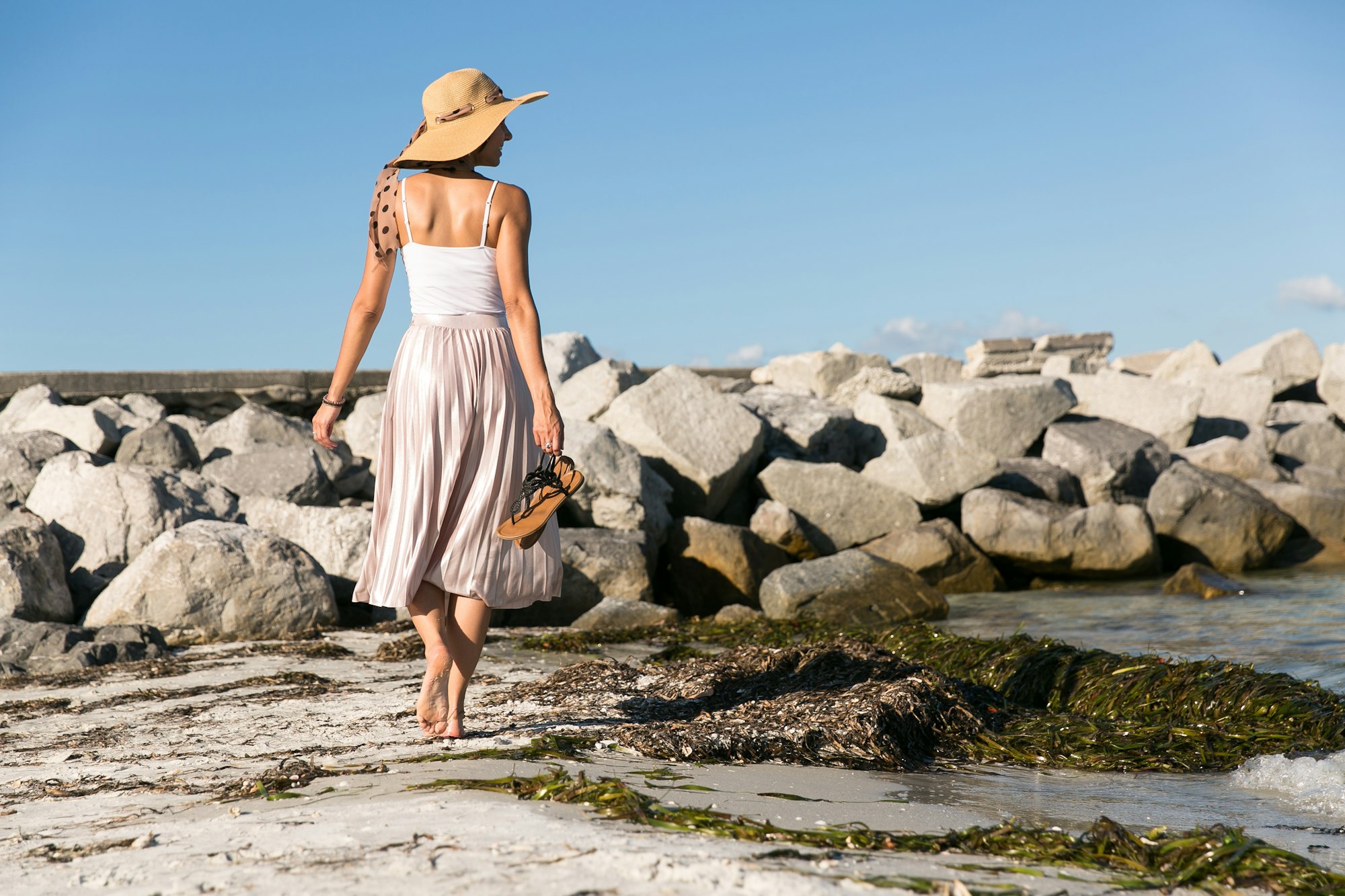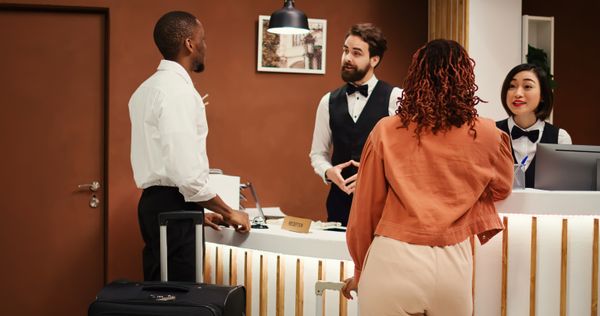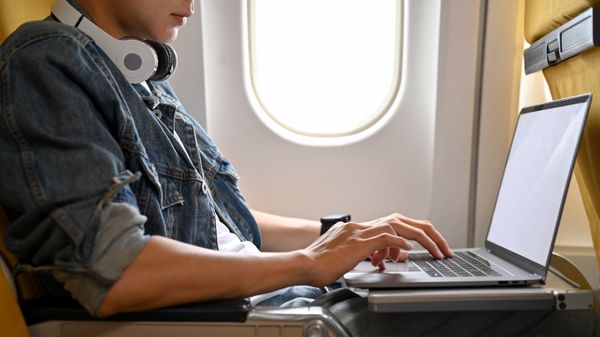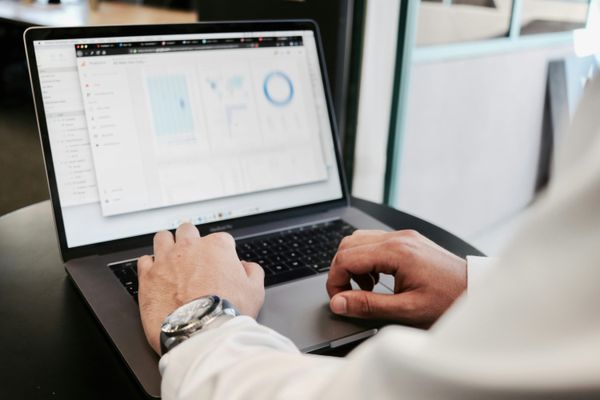In recent years, the way people plan their trips and make travel decisions has drastically changed. With the rise of social media, influencers have become a powerful force in the tourism industry. In this article, we will explore the power of influencer marketing and how it can be used to boost tourism.
Influencer marketing is a type of marketing that uses endorsements and product mentions from individuals who have a dedicated social following and are seen as experts or opinion leaders in their respective fields. Influencers can be anyone from celebrities to niche bloggers, and they can promote a variety of products, services, and experiences.
In the context of tourism, influencers can be used to promote travel destinations, hotels, restaurants, and other tourism-related products and services. Influencers can showcase their experiences and highlight the unique aspects of a destination or business, which can help to attract new tourists and generate buzz.
Influencers in tourism: Targeted cooperation
The enormous reach and the trust bonus make influencers the perfect partner for marketing in tourism. Whether tourism destinations, hotels or specific attractions - it is important to use the potential of influencers in a targeted manner. Behind the right marketing is extensive planning, similar to a well-thought-out marketing campaign. Not every influencer is suited to promoting a destination. Travel bloggers or travel influencers, for example, are the right contacts for hotels and tourism businesses. They have already built up a community for their area of interest and are experienced in marketing the industry.
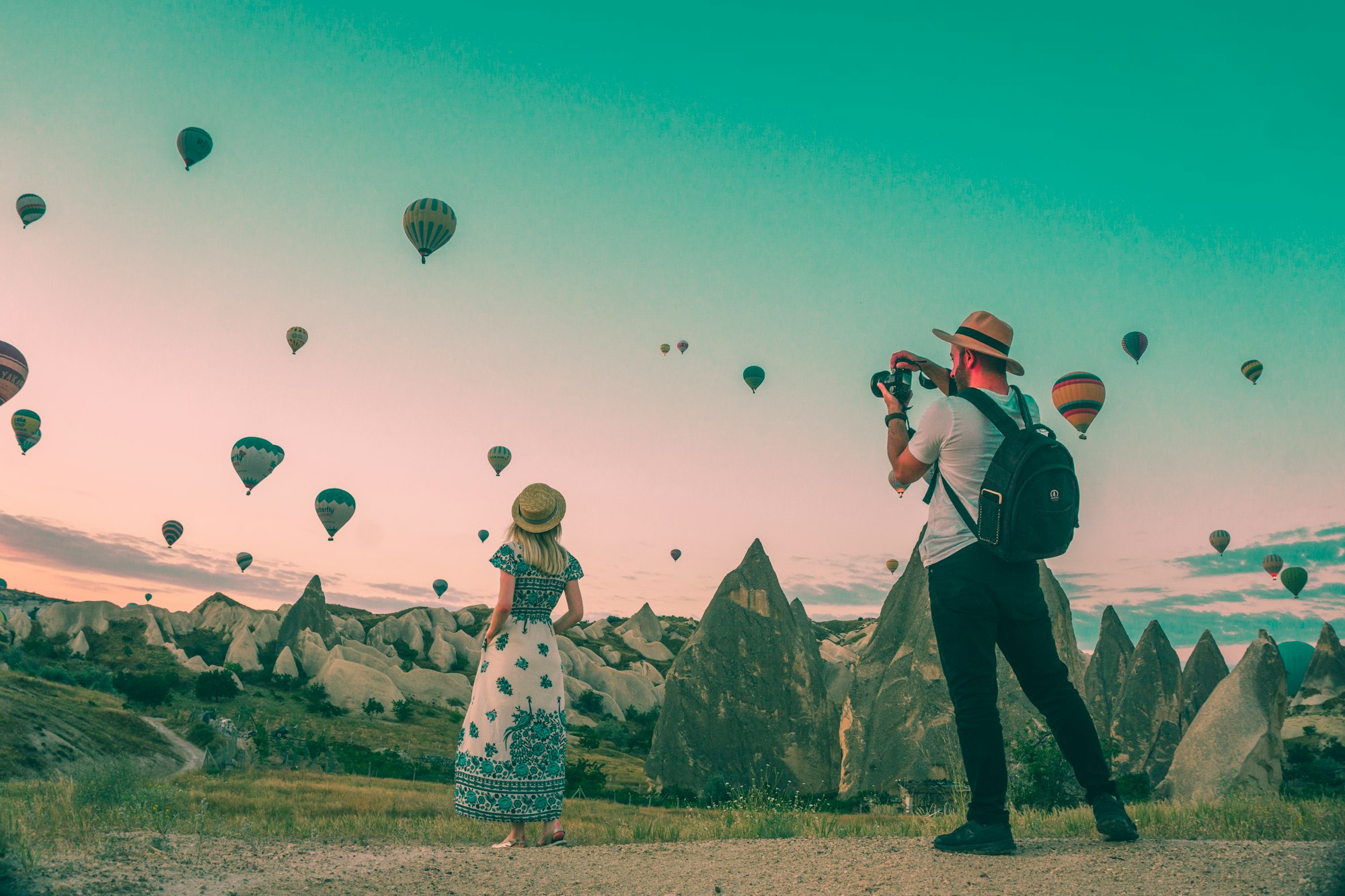
The power of influencer marketing in tourism
The power of influencer marketing lies in its ability to connect with audiences on a personal level. Social media influencers have built trust and credibility with their followers, which means that their recommendations can carry a lot of weight. According to a survey by Invesp, 74% of people trust social networks to guide them to purchasing decisions.
Influencers have a wide reach and can tap into new audiences that may not have been aware of a destination or business before. By partnering with influencers, tourism businesses can reach a highly engaged and targeted audience that is interested in travel and tourism-related content.
Influencer marketing also has the potential to create viral content that can be shared across multiple social media platforms. With the right influencer and a well-executed campaign, businesses can create a buzz and generate word-of-mouth recommendations that can attract new customers.
How to use influencers for tourism
To increase your reach, make your business and region attractive to influencers. Besides big campaigns with well-known influencers, micro-influencers can also be a valuable and authentic addition. To successfully use influencers for tourism marketing, it's important to have a clear strategy in place. Here are some steps to follow:
- Define the object: What is being marketed? Is it a trendy location or a unique landscape? The location should be particularly attractive and easily accessible so that future guests can find it.
- Strategy: Who should be targeted? Through which channels? Which platforms are best for what purpose? Which medium makes sense - image, video or classic reports? Each of these questions has a huge impact on the campaign that follows.
- Set clear goals and objectives: Define your goals and objectives for the influencer campaign. Do you want to increase brand awareness, generate leads, or increase sales? Make sure your goals are specific and measurable.
- Identify the right influencers: Which person fits my business? Reach, audience demographics and the influencer's previous content are important criteria. It is also important to consider how the influencer interacts with their followers.
- Collaborations: What can I offer? Micro-influencers can be enticed with free accommodation, activities or restaurant visits. Better-known influencers will usually charge a high fee and insist on reimbursement of all travel expenses.
- Joint planning: What will be delivered? The aim of the collaboration, services, briefings, tasks and, if necessary, written agreements are important aspects. URLs, hashtags or posting schedules should be agreed in advance to ensure the campaign runs smoothly.
- Create compelling content: Work with the influencer to create compelling content that showcases your destination or business in a unique way. The content should be authentic, engaging, and aligned with your brand.
- Promote the content: Promote the content on your own social media channels and website, and encourage the influencer to share it on their channels as well.
- Analysis & evaluation: Use analytics tools to measure the success of your influencer campaign. Analyse metrics such as reach, engagement, and conversions to see if you achieved your goals and objectives.
Influencers are a valuable addition to ongoing marketing campaigns and activities. They can inspire their followers to travel and showcase a hotel. Influencer marketing has the potential to be a powerful tool for tourism businesses looking to attract new customers and generate buzz. By partnering with the right influencers and creating compelling content, businesses can tap into a highly engaged and targeted audience and create viral content that can attract new customers. If you're in the tourism industry, consider incorporating influencer marketing into your marketing strategy to take advantage of its many benefits.

